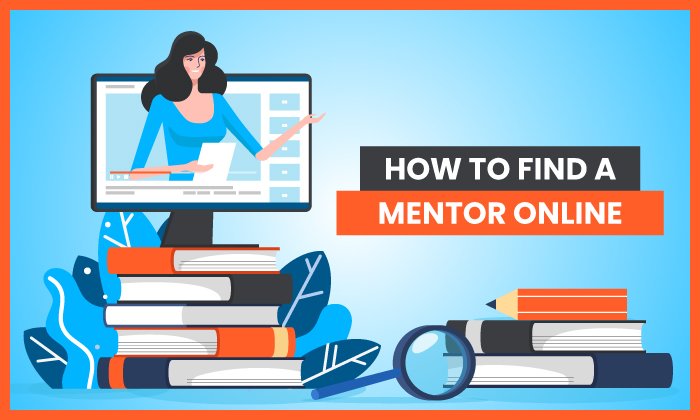How to Be an Amazing Mentor in 10 Ways, according to HubSpot Managers

By mbretous@hubspot.com (Martina Bretous)
Take a minute to think about the best mentor you’ve ever had. It could be your manager, a colleague, a parent, a friend, a coach, a college professor.
Then, you reach a point in your life where you have the chance to do the same for someone else. It can be both exciting, and a little confusing.
In this article, you’ll get tips from both mentors and mentees on what it takes to foster this successful relationship.
What does it mean to be a mentor?
At its core, being a mentor is being a trusted advisor. It all boils down to making yourself available to support and advise someone when they need it, delivering that support in a way that makes sense to them, and always keeping that person’s best interests in mind.
So, what value does a mentor bring? It depends on who you ask.
For Vrnda LeValley, customer training manager at HubSpot, it’s a shift in perspective.
“My mentor provides a perspective that isn’t riddled with the same self-doubt and stereotype sensitivities that I desperately want to avoid and handicap me,” she says, “and a broader view of the implications of action versus inaction because they have a better vantage point from their upstream position within the company.”
She adds that her mentor has been able to step in and correct narratives that muddy her ability to make the most strategic decisions.
For Legal Specialist at HubSpot Jason Perry, one of the benefits of mentorship is the opportunity to extend your network.
“I most value the trust and confidence they extend to me by granting me access and recommending me to their broader networks,” he said.
Beyond that, there’s a certain freedom that comes with having a mentor.
“I think it allows for an open space to be vulnerable with someone who is more senior in their career but does not have direct control over your career growth,” said Chloe Washington, chief of staff to the CMO at HubSpot. “You can be more transparent and ask questions you may not feel comfortable asking your manager or another co-worker.”
With that said, the mentorship doesn’t just benefit the mentee, it’s a two-sided relationship.
“I am constantly inspired by what my mentees are doing, their ambition, and their goals,” Washington said. “It motivates me as I continue along my career journey. It also allows me to form relationships with people that I may have not otherwise been able to speak with as much or as often.”
1. Understand what you want out of the relationship.
As we’ve mentioned, mentorship isn’t a one-way relationship. This means that just like the mentee, you should know the type of relationship you’re seeking and what you want to gain.
Charlene Strain, marketing manager at HubSpot, serves as a mentor and suggests asking yourself these questions to get started:
- Do you view it as a two-way street, player-coach relationship where you learn …read more
Source:: HubSpot Blog









